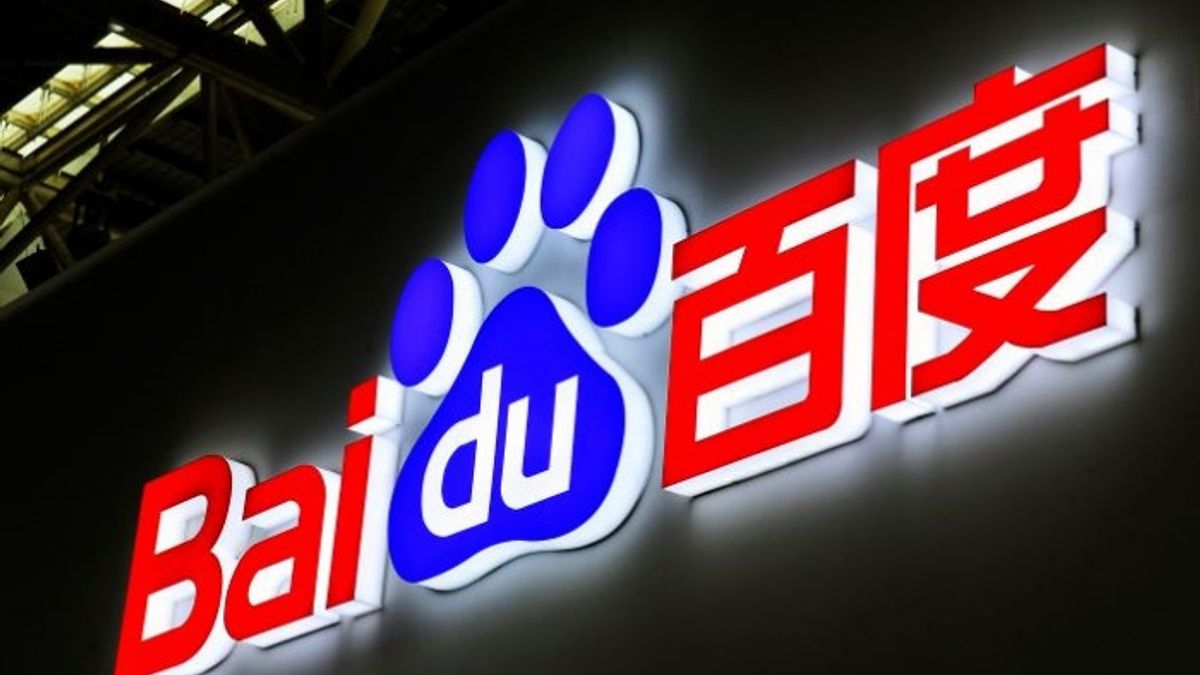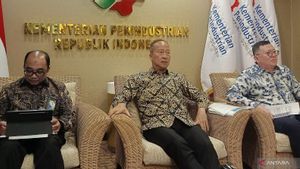JAKARTA - Internet companies from China must take the lead in reducing carbon emissions in their social responsibility efforts to society amidst the increasingly bleak challenges of climate change. This statement was expressed by, a senior partner of the Boston Consulting Group (BCG) in a publication release on Tuesday, July 27.
Even if 131 countries and territories have set or are considering a target to reduce emissions to net zero by mid-century, according to the United Nations, getting more practical participation from the business sector remains difficult.
As a guide for the sustainable development of enterprises, BCG and the UN Global Compact released a co-authored white paper, "Corporate Net Zero Pathway: Delivering the Paris Agreement and the Sustainable Development Goals", in Beijing on Tuesday, 27 July.
The white paper notes that internet companies generate the heaviest volumes of emissions in their data centers. "Huge amounts of data transmitted from data centers around the world pass through these companies' electrically powered servers, adding up to about 1 percent of global electricity consumption," the publication said.
Today most of the major US technology companies have achieved their net zero emissions goal. This is good news.
"China's internet companies must take the lead in reducing carbon emissions. They collect profits from society and must give back to society and play a better leadership role," Wu Xinyi, managing director and senior partner of Beijing-based BCG, said at a release event on Thursday. Tuesday.
They also pointed out that currently the four US technology giants - Google, Facebook, Amazon and Microsoft, have accounted for 28 percent of the volume of electricity purchase agreements from global clean energy in 2019.
While the Chinese counterparts, they have in recent years also stepped up efforts to improve efficiency through technological upgrades.
For example, tech giant Baidu reduced the average power usage effectiveness of its data center to 1.14, and its infrastructure energy consumption was 76 percent lower than the industry average, the white paper said.
Lenovo, the world's largest personal computer maker, with headquarters in China and the US, applies low-temperature solder manufacturing technology in its PC manufacturing operations. This can, reduce power consumption and carbon emissions by up to 35 percent.
While there is a lack of legislation to regulate corporate carbon emissions in major economies around the world today, more and more high-emissions countries are starting to accelerate their law and policy-making processes.
The white paper also estimates that about 75 percent of global emissions could be regulated by strict regulations by 2025.
The English, Chinese, Japanese, Arabic, and French versions are automatically generated by the AI. So there may still be inaccuracies in translating, please always see Indonesian as our main language. (system supported by DigitalSiber.id)













